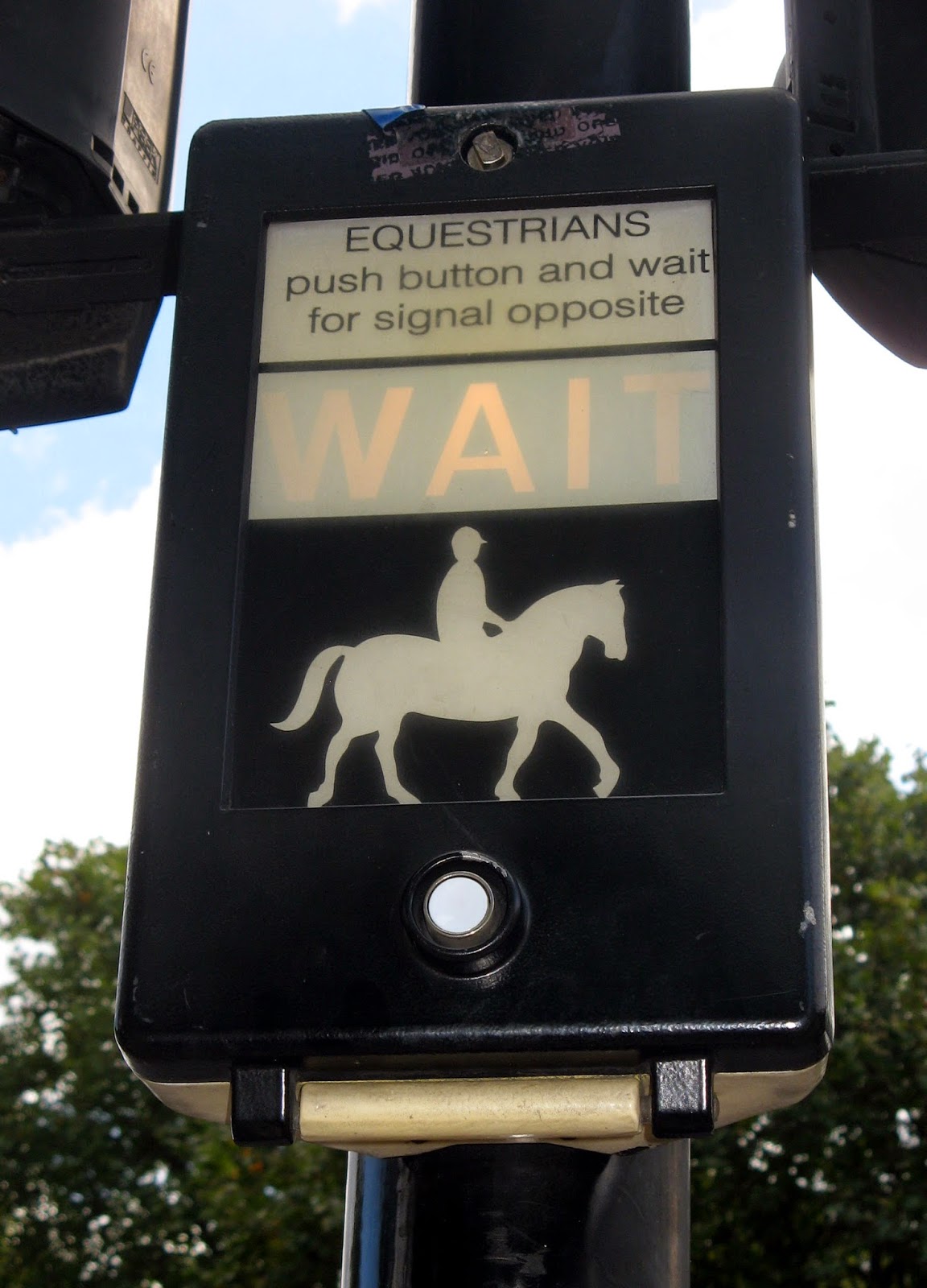Hotel du Lac – Marriage Proposals and Problems
 |
| Marriage proposals and problems. Image by Imagaday |
In Anita Brookner's, Hotel du Lac, Edith Hope's approach to relationships with men exposes her underlying need to opt for a stereotypical female role.
Edith Hope, through her discriminating physical observations of the female patrons of Hotel du Lac, stereotypes defines the boundaries of her own sex. In addition, her approach towards men reveals her willingness to succumb to a woman's stereotypical secondary role.
Stereotypical Female Behaviour
Edith’s attitude throughout her liaison with David highlights the ease with which she compromises her physical and mental space. “Out of love for him” (114), Edith adapts her personality and schedule to suit his needs for “she knows he [is] a man who [cannot] deny himself anything” (86). Edith also adopts a nurturing role by concentrating their relationship around “‘food fit for heroes’” (29); she spends “the daylight hours... waiting for him” (30), and she “behave[s] well, as . . . expected . . . quietly, politely, venturing little” (85) - careful to avoid David’s disdain and public disapproval. On the contrary, David fears no one’s judgment, and his friends openly accept his impropriety and “grant[] him licence to enjoy himself a little” (85). Their response to his behaviour illustrates the ease at which men overstep the boundaries of convention - borders which women struggle to reach.
Men’s Conjugal Demands
Edith’s deliberations about matrimony illustrate the mechanism which society uses to persuade women that marriage proposes subordination. Although a professional writer, once betrothed, Edith contemplates that “perhaps she would never write again” (123) since Geoffrey, her fiance, “[does] not... approve of women working” (119). She prepares to concede her place in the "male domain" because as a wife “she would have that life that she supposed other women have: shopping, cooking, arranging dinner parties, meeting friends for lunch” (123) – nothing like the fulfilling professional life of her husband to be.
Hotel du Lac – Edith’s Enlightenment
Mr. Neville, who Edith meets at Hotel du Lac, envisions married life with no change for him: He prefers to retain his “centrality” (170). He has “a lot of business overseas,” enjoys “entertain[ing]” and thinks Edith “[will] fit perfectly into [this] setting” (HL 164). Like Geoffrey, he proffers a marriage of submission and convenience, “a social position” (101). Both David and Mr. Neville want Edith to subsist as an object at their disposal - a satellite that orbits around them. Edith, insecure and in search of emotional security, considers both options.
Fortunately, Edith Hope’s retreat to Hotel Du Lac widens her perspective, and she refuses the latest marriage proposal, for she has begun to realise that love will not necessarily validate her existence.
Source:
Brookner, Anita. Hotel du Lac, Penguin, Harmondsworth, London: 1993.First published on Mar 3, 2011 by Lesley Lanir on Suite101. Copyright Lesley Lanir. Contact the author to obtain permission for republication.
Kindle






Comments
Post a Comment